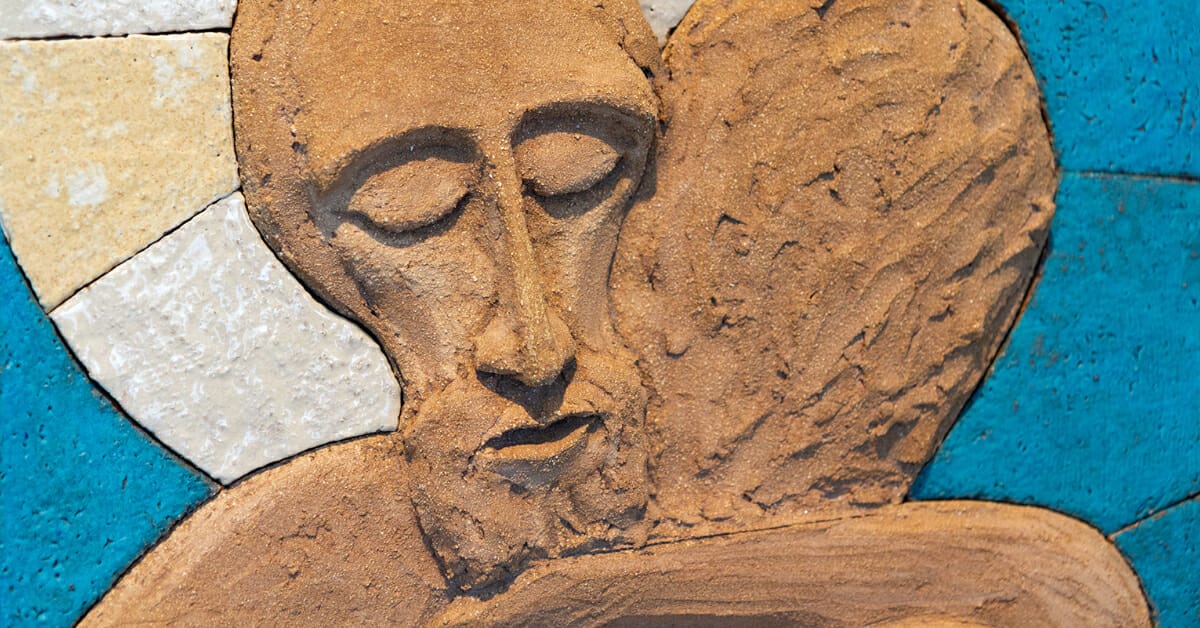It’s interesting to me that two people can come from the same family, or have the same opportunities and advantages, and still turn out so differently. Two people can have the same starting point and the same paths before them, yet they wind up in two very different places.
Such is the case with Saul and David. In 1 Chronicles chapter 10, you read the very sad story of King Saul. He was picked from obscurity, placed in the position of king, and told by God that he would prosper if he was obedient. Yet Saul’s story ends with Saul’s sons being killed, Saul committing suicide, and his body being dismembered and mockingly put on display.
Then, in 1 chronicles chapter 11, you pick up the story of David. He’s another man who was picked from obscurity, placed in the position of king, and told by God that he would prosper if he was obedient. Unlike Saul, David prospers, seizes his opportunities, and reaches his potential.
What did David have that Saul didn’t? David had God’s sovereignty behind him (1 Chron. 11:2), but so did Saul. (1 Sam. 12:14) David had the people’s and soldiers’ loyalty (1 Chron. 11:1-3,10-15), but so did Saul. (1 Chron. 10:11-12)
So what was the difference between these two men?
The difference is that David had integrity. (1 Chron. 11:18-19) David’s integrity was demonstrated in his humility before God and others, as well as his service to God and others. This integrity, humility, and service endeared him to his men (1 Chron. 11:10-25) and his God. (Acts 13:22) This is what differentiated David from Saul. In the end, Saul did not have integrity, humility, or service.
Is your life characterized by integrity, humility, and service? Your answer to this question could very well determine the course of your life!










